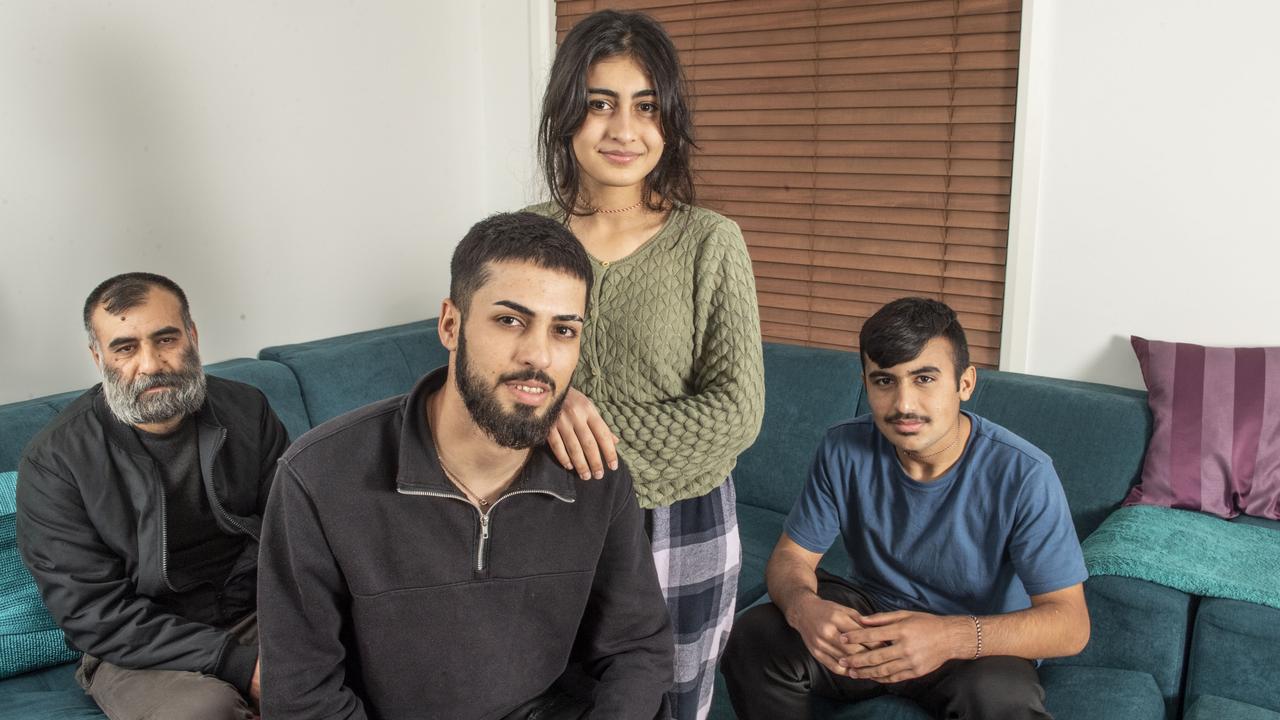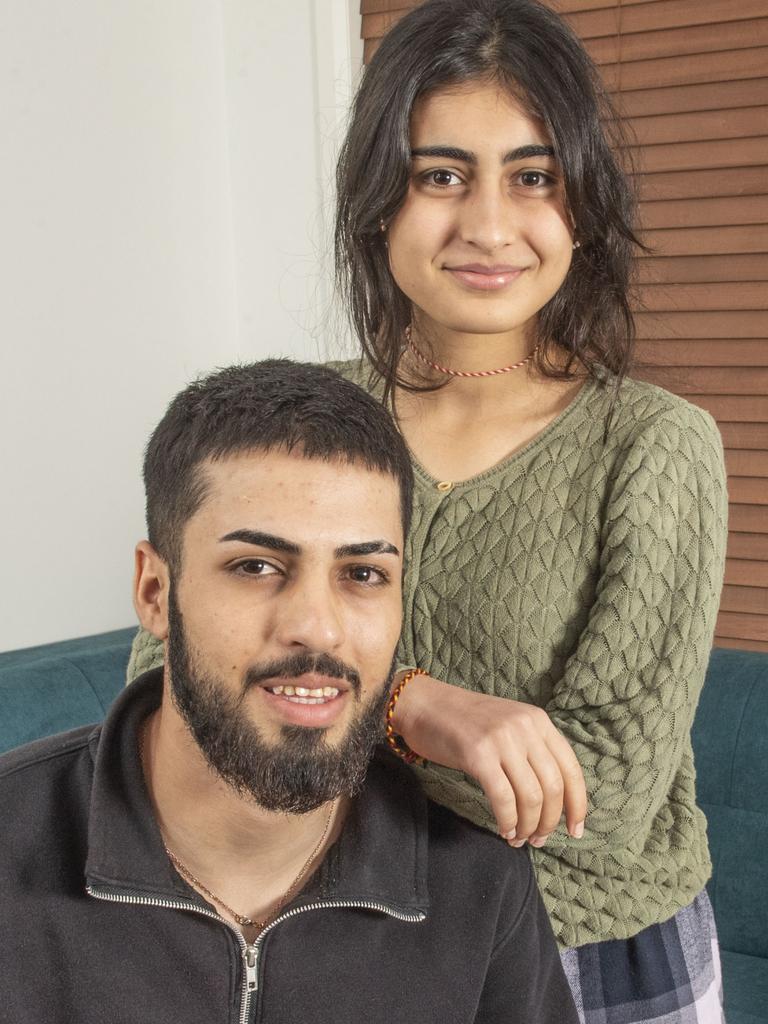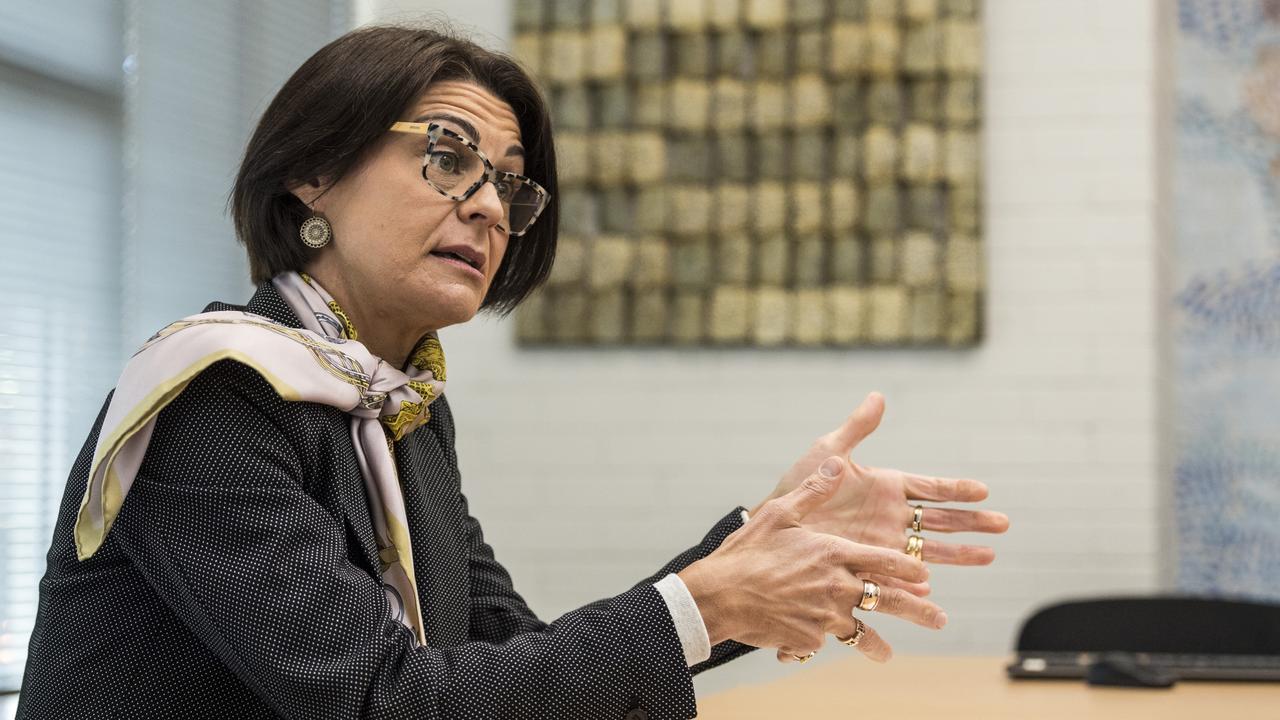Census 2021: Toowoomba Yazidi community changing city’s face, Kurdish second-most spoken language at home
These refugees escaped persecution at the hands of ISIS and now they’ve changed the face and language of Toowoomba. But major barriers still stand in their way.

Community News
Don't miss out on the headlines from Community News. Followed categories will be added to My News.
Radhwan Aezdeen and his family are changing the face and language of Toowoomba — now they need more support to better contribute to it.
The 19-year-old is one of about 3000 members of the Yazidi community in the Garden City, who were resettled in Australia after fleeing a genocide in Iraq carried out by ISIS nearly a decade ago.
The family and support organisations have called on the new Federal Government to boost funding for Yazidis in Toowoomba, particularly around mental health and interpreting services.
Yazidis, whose monotheistic faith predates Islam, are a small but proud ethno-religious group originally from the Middle East.
Thanks to a government intake to escape persecution in 2017 and subsequent domestic migration, Toowoomba now has easily one of the largest contingents of Yazidis in Australia.

It’s so large that Kurdish, their native language, is now the most spoken non-English language in Toowoomba homes, according to the latest census data.
Toowoomba hosts nearly 20 per cent of all Kurdish-speaking residents currently living in Australia.
Having witnessed atrocities like death, rape and torture in front of their eyes, Mr Aezdeen said he and his family are doing their best to start a new life.
But it hasn’t been easy.
“I have some courses to finish, but I’m wanting to become a nurse one day,” the Harristown State High graduate said.
“It was a hard life in Iraq and now we are here and we’re trying to forget those things and thoughts, but no matter what we do they stay in our brains.”
Both the community and refugee support services agree government funding is falling short in two main areas — access to interpreters and mental health services.
Mr Aezdeen’s father Jameel Ali, who was a farmer in Iraq, described the effects of the trauma he and his community suffered at the hands of ISIS.
“Those days I’ve seen, sometimes I can’t sleep because even when I close my eyes I see everything, like it’s happening to me right now,” he said.
“Sometimes I can’t sleep well because these memories and thoughts come to my brain and make me go crazy.”
CatholicCare CEO Kate Venables, whose organisation has been struggled for federal funding for several years, said there was currently a six-month waitlist for Yazidis to access the Queensland Program of Assistance to Survivors of Torture and Trauma (QPASTT).
“It is something that’s missing and we keep saying to the Federal Government that this is needed,” she said.
“They have limited funding, so places like CatholicCare provides short-term emergency support but to be able to provide the best-quality support you need the best services.”
While Mr Aezdeen and his four siblings are proficient in English, hundreds of Yazidi adults still have limited language skills, making interpreters essential to helping them integrate with the wider community and potentially re-enter the workforce.

Ms Venables said the problem was there were currently just 12 trained interpreters in Australia — and CatholicCare employed three of them.
“Until we had the first people arrive, there were no interpreters at all,” she said.
“As time has gone on we in CatholicCare have trained half a dozen interpreters, and we have access to three of them to hire.
“Given it is such a highly-spoken language here, we have no money through funding for it.”
Mr Ali, who cares for his wife with a disability, said he would benefit from having more access to interpreters.
“I do actually need an interpreter, because if Radhwan goes to college and my other children go to school, I will be home alone,” he said.
“If there’s something I need to do, like posting something or going somewhere, I can’t understand people or talk to them.”









